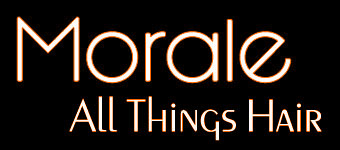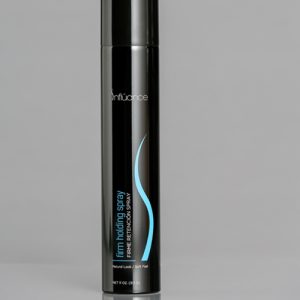Continuing the discussion about race-based hair discrimination, in the previous article we noted the struggle of many Black American in corporate America because of how they choose to wear their hair. In this article we are not just focusing on race-based hair discrimination in the workplace but we’ll also look at the recent development on this movement as it relates to children “As Early As Five”
KEYNOTE: “How you wear your hair does not dictate whether you are professional or not, it does not dictate whether you are or not able to do your job” DR DONNA ORIOWO
Sharing the Iconic story of Tashara Parker, anchor and reporter at WFAA in Dallas.Tashara shared how she experienced hair discrimination in the workplace.
She recalled what a professor told her,
“One of my professors basically told me you’re not going to be able to get a job like that and my hair was natural,” Parker said. That was an implied criticism and discrimination from the professor.
Bringing back the old story: Who remembered “The Bun Ministry” and how Tashara Parker went viral in the United States because of wearing her hair in a quadruple bun hairstyle on television.
After appearing on-air that day, Parker shared a photo of the hairstyle on Twitter along with a message: “I’m so grateful for those of you who continue to support me. I joked around asking people what they thought of this hairstyle and overwhelmingly many of you supported it, but a few said it was unprofessional. It begs the question, who determines what’s professional these days?”
Parker told TODAY over email that she did encounter some haters, but that’s something she’s used to as a media personality.
“The reaction from the community has been largely supportive, but of course there are critics. I’ve been told in the past by a viewer … ‘You look like you stuck your hand in an electrical socket,’ referring to my natural curl pattern,” she said.
And she later came up with this anthem “Why Does My Crown Offend You” which aims to highlight racism, discrimination, and inequality experienced by black people because of how they choose to wear their hair in the workplace.
“Why does my crown offend you? It was simply asking what difference does it make how I wear my hair if I’m still going to provide you the information you need,” Parker Asked. The hair debate Team explained that statement from another perspective, My natural hair is my crown, my identity and authenticity! I can’t take it off or compromise that because of what the world perceived as professionalism! The world needs to deal with that.
If every women would be bold and confident about their natural hair like Tashara Parker and step up the fight against this discrimination like The Hair Debate Team, together we can win this fight and end this discrimination for not just for ourselves but for our children and generation that follows.
Helpful comment by AzemCa “Black women have those bias too…Few months back I finished my night and gave the special to the day nursing team and one of them, black apn, was looking at me in aw. She told me that I was being professional while wearing my afro and it was a revelation for her, to see me, being black and proud. So you inspire many. Don’t stop for the barking dogs, they will bark anyway.”
And let’s not also forget the hilarious response by the News Anchor, Lena Pringles to people who said she wouldn’t keep a job with short natural hair.
In the post, Lena said “Shoutout to the people who told me I wouldn’t be able to get/keep a broadcast news job with a short natural haircut. Jokes on you, huh? 💁🏾♀️”
Based on recent development, Dove continues the fight against race-based hair discrimination as they launched a new campaign titled “ As Early As Five” and the primary aim of this campaign is to raise the awareness of the CROWN Act
According to the Dove 2021 CROWN Research Study for Girls, 53% of Black mothers in the U.S. who have daughters who have experienced hair discrimination endured it as early as five years old. The same study suggests that approximately 86% of Black teens who have experienced it did so by the age of twelve.
“In order to further raise awareness around these statistics, Dove has launched its “As Early As Five” campaign. Created in partnership with WPP agencies Ogilvy and Swift, with input from the JOY Collective, this initiative is part of the brand advocating for the passing of The CROWN Act, which would make race-based hair discrimination illegal across the U.S.” ADWEEK
“As CROWN Coalition co-founders committed to ending race-based hair discrimination nationwide, we’ll continue to take action to help protect the 2.3 million children nationwide who are most vulnerable to race-based hair discrimination and are currently unprotected by the law,” says Alessandro Manfredi, Dove’s global executive vp.

 Firm Holding Spray
Firm Holding Spray
Comments
No comment yet.